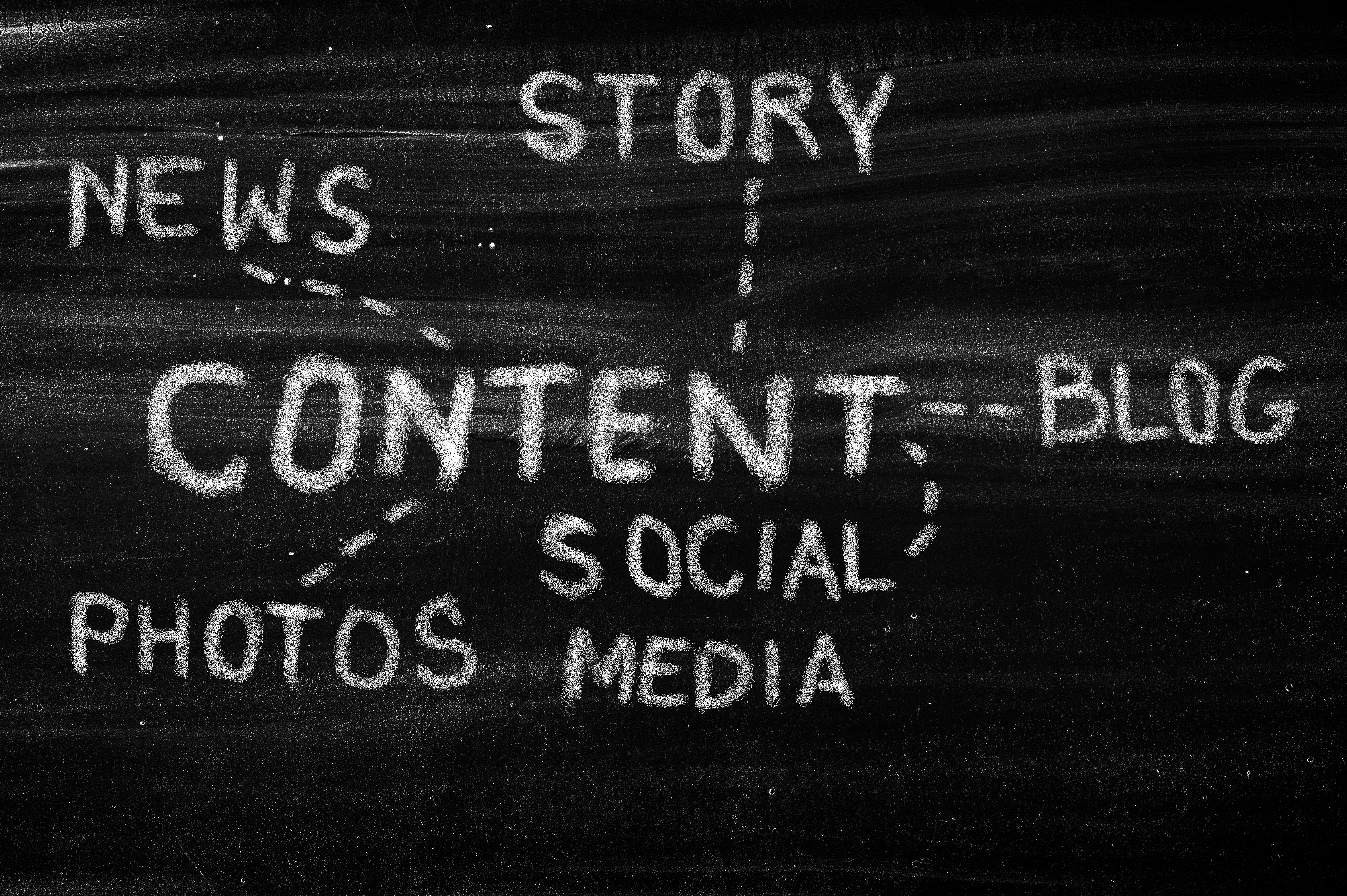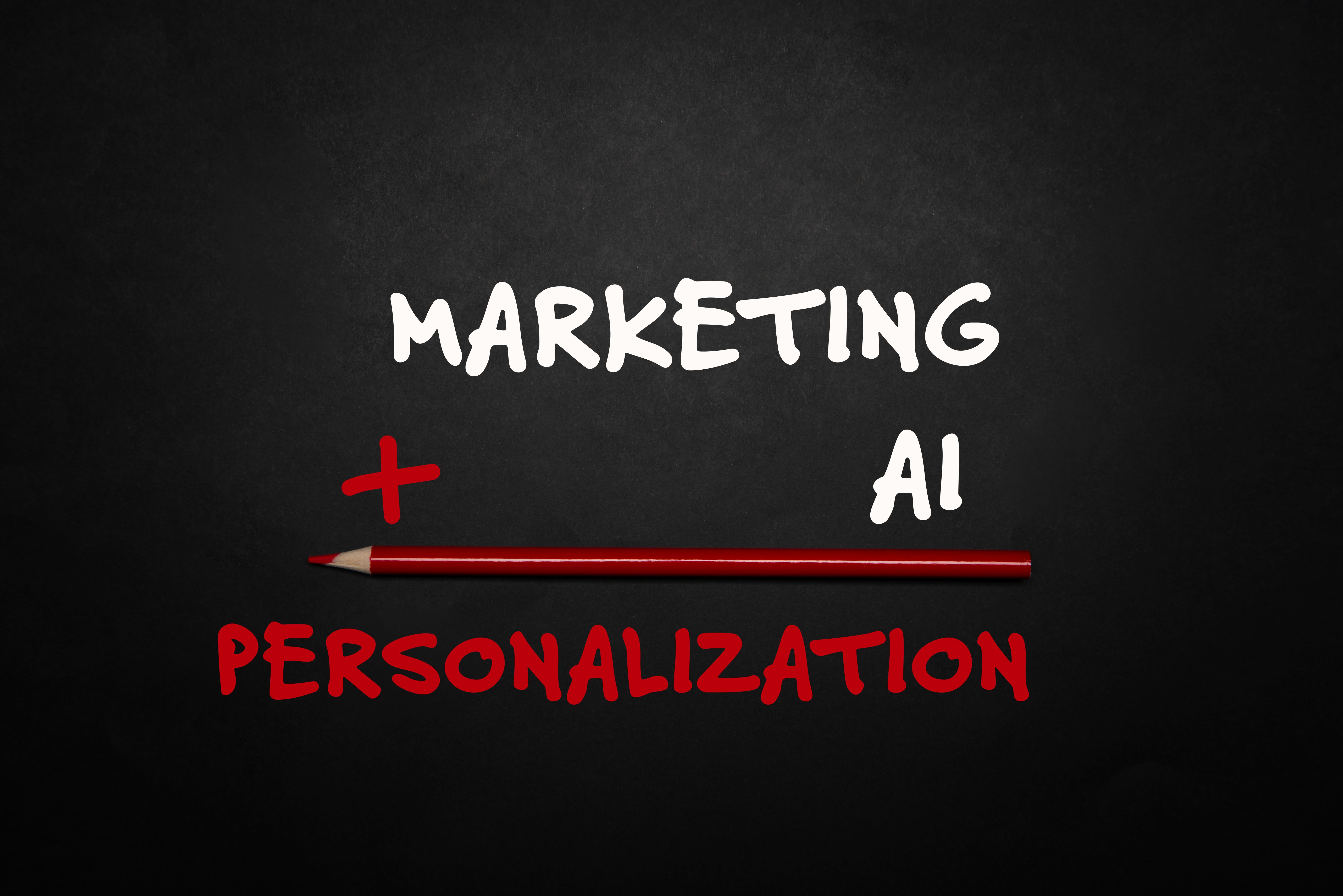Content Marketing in 2025: What Works and What Doesn't
TO
The Evolution of Content Marketing
As we look towards 2025, content marketing continues to evolve at a rapid pace. The strategies that were effective just a few years ago are already becoming obsolete, making it crucial for marketers to stay ahead of the curve. With the digital landscape constantly changing, understanding what works and what doesn't is key to crafting successful campaigns.

What Works in Content Marketing
The year 2025 brings with it a greater emphasis on personalization. Consumers now expect content that speaks directly to their needs and preferences. This includes personalized emails, targeted social media advertisements, and content tailored to individual buyer personas. By utilizing data analytics and AI technologies, brands can create highly personalized experiences that resonate with their audience.
Another effective strategy is the integration of multimedia elements. Video content, in particular, is gaining traction as a powerful tool for engagement. Platforms like TikTok and Instagram Reels are proving that short, dynamic videos can capture attention and convey messages quickly and effectively. Additionally, interactive content such as quizzes and polls are engaging users in new ways.

Building Trust Through Authenticity
Consumers are becoming increasingly savvy, making authenticity more important than ever. Content that tells a genuine story or showcases real customer experiences is likely to resonate more with audiences. User-generated content (UGC) has emerged as a reliable method for building trust, as potential customers value the opinions and experiences of their peers.
Moreover, transparency in business practices and clear communication about brand values contribute significantly to building long-term relationships with consumers. Brands that openly share their journey, challenges, and successes are perceived as more trustworthy and relatable.
Challenges and Pitfalls
While there are numerous opportunities in content marketing, there are also pitfalls to avoid. One major challenge is content saturation. With the vast amount of content being produced every day, standing out from the crowd is increasingly difficult. This makes quality over quantity a vital principle for marketers to embrace.

Another pitfall is neglecting the mobile-first approach. With the majority of users accessing content via mobile devices, ensuring that all content is optimized for mobile viewing is essential. Slow-loading pages or poorly designed mobile interfaces can lead to high bounce rates and lost opportunities.
The Role of Technology
Technology continues to play a transformative role in content marketing strategies. Artificial Intelligence (AI) and machine learning are being used to predict consumer behavior, automate content creation, and optimize distribution channels. These technologies not only enhance efficiency but also improve the effectiveness of marketing campaigns by delivering the right content at the right time.
Additionally, voice search is becoming more prevalent as devices like Amazon Alexa and Google Home gain popularity. Optimizing content for voice search by focusing on natural language and long-tail keywords will be an important consideration for marketers moving forward.

Looking Ahead
The landscape of content marketing in 2025 will be defined by innovation and adaptation. Marketers who are willing to embrace new technologies and approaches will find success in engaging their audiences effectively. By focusing on authenticity, personalization, and leveraging multimedia, brands can navigate the challenges and opportunities that lie ahead.
As we prepare for the future, it's clear that the ability to pivot quickly and remain flexible will be invaluable. Those who continuously learn and adapt will lead the way in shaping the future of content marketing.